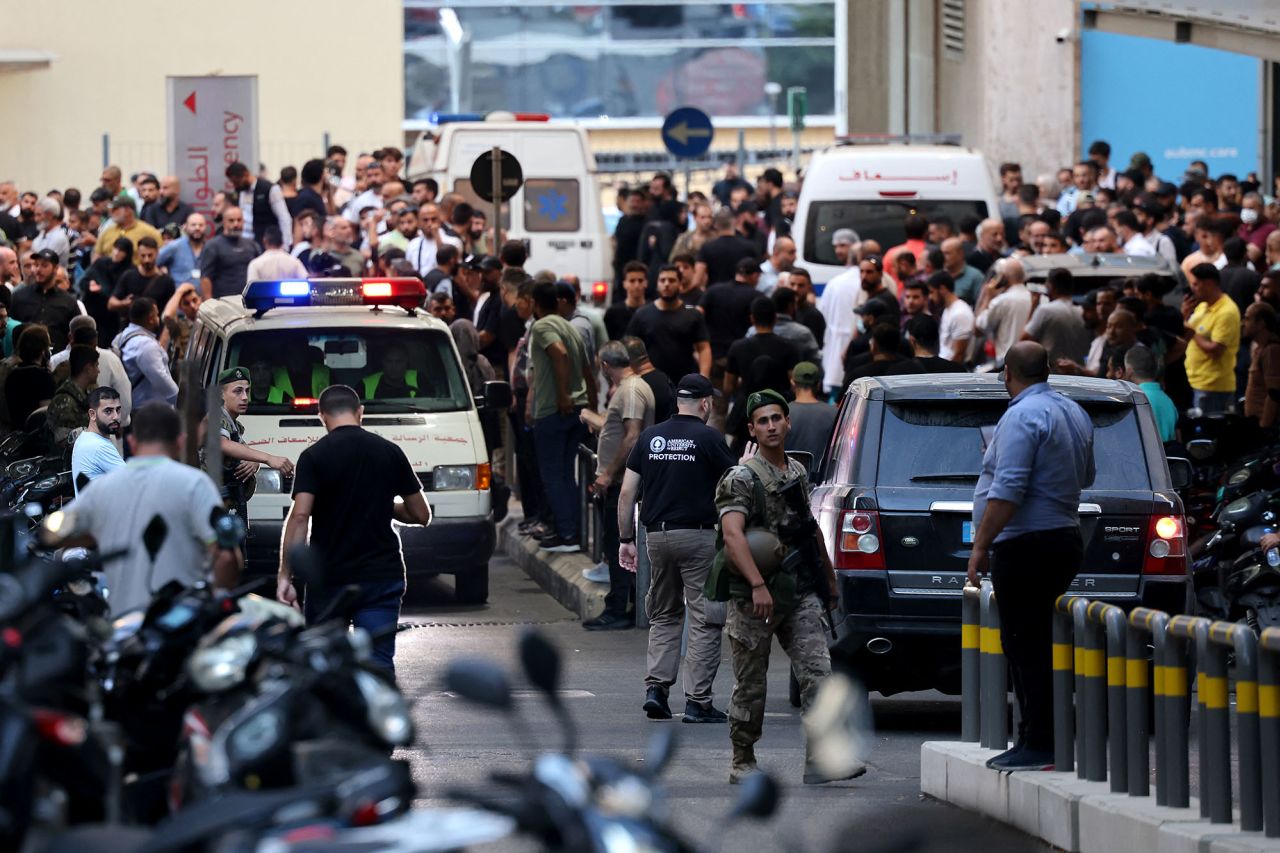
It is possible that families in Lebanon have lived next to a member of Hezbollah for years without ever knowing that their neighbor was part of the Iran-backed militant group, the country’s most powerful military and political organization.
But one afternoon, that barrier was broken when thousands of members’ pagers exploded in people’s hands and on their belts.
The operation succeeded in temporarily destroying one of Hezbollah’s most strategically important characteristics: its secrecy.
The group’s guerrilla tactics, developed during Israel’s 18-year occupation of southern Lebanon, made it an elusive enemy.
The practice of hiding in secret continues largely to this day, even though Hezbollah has grown into one of the two main parties of the Shiite community, the largest religious bloc in Lebanon. Today, 13 elected Hezbollah MPs sit in parliament, and posters honoring Hezbollah martyrs can be seen in many Shiite communities.
During my research in the country, I occasionally encountered members of Hezbollah’s security wing. They were always men in civilian clothes, sometimes with walkie-talkies. They asked me to check my papers and on several occasions asked me to leave an area they described as “sensitive.”
Their covert presence stood in stark contrast to the camouflage-clad Lebanese army soldiers who drive Humvees armed with assault rifles and guard checkpoints.
Tuesday’s attack was “a massive blow” to Hezbollah, wrote Amal Saad, an expert on Islamist movements.
But in one fell swoop, Israel has wiped out that advantage by converting thousands of those pagers into deadly weapons, she said.
It is unclear whether all of the explosive pagers were Hezbollah fighters, as the group’s “state within a state” also supports hospitals, schools and other charities. Some of them may also have ended up in the hands of ordinary people not affiliated with Hezbollah.
Although Hezbollah has threatened retaliation against its southern neighbor, one thing is certain: Hezbollah is likely trying to cover up the extent of the damage, also to avoid revealing further secrets to its enemy.

